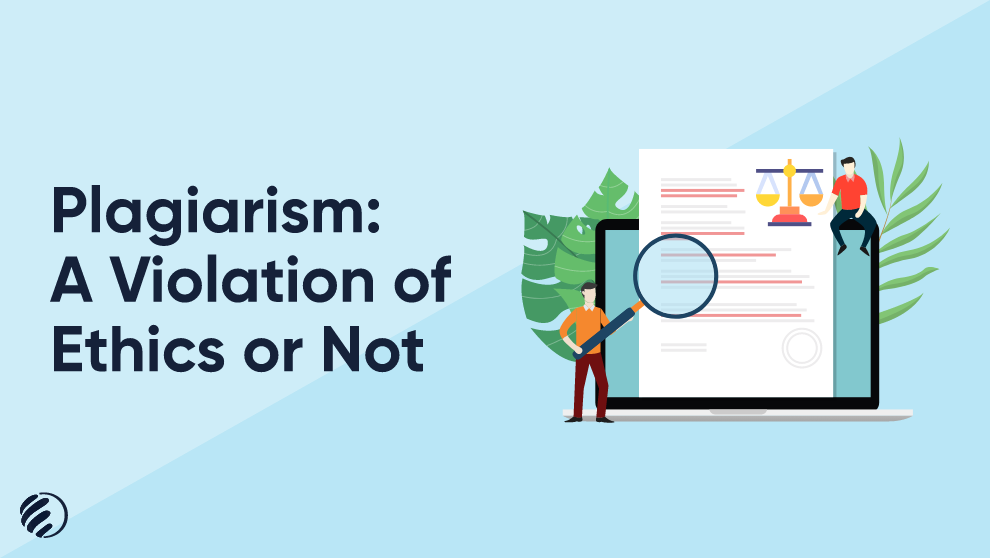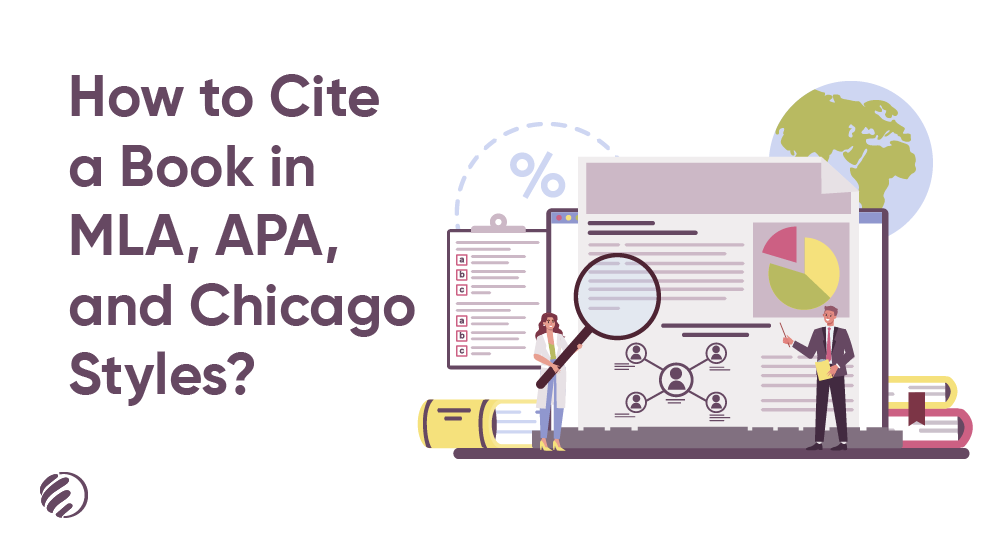Plagiarism is normally taken as discrete misconduct or a failure to cite the source or give credit to the original author of the content. Duplicating other words or ideas and presenting them as your own is a breach of writing ethics. Sharing the views of other writers raises serious questions about the credibility of the writer. But, more importantly, it gives rise to the question of what is the actual point of sharing others’ content with your title.
Here is the primary question that comes to our minds: what comes under plagiarism? Well, duplicating ideas and thoughts that aren’t yours, with or without the original author’s consent, is known as plagiarism. No matter if anyone is copying published or unpublished material, stealing others’ words is covered under this specific term.
Plagiarism is a broad term that includes various types. However, you must keep in mind that duplication of anyone’s content in any form is a crime and has serious penalties.
Ethics of Plagiarism
Citing the source or the authors in your content is essential to honor their efforts and hard work. Failing to give adequate credit to content creators will be a sort of stealing the credit for their labor. The act of duplicating others’ ideas and information is a severe rupture of ethical and academic integrity. Without any doubt, plagiarism is not different from stealing or theft at all. In this unethical act, you take an individual’s intellectual property or creativity rather than stealing a physical item.
There is a misconception that copying only a piece of text from a lengthy article written by another writer isn’t a crime. It is important to rectify that duplication of a sentence or an entire essay violates ethical principles. Therefore, it is important for you to mention the authors or sources you borrow ideas and quotes from.
Citing the source in a particular or suggested format will help readers reach the actual author of that content. Adequate citation is the foremost way to give credit to the original writer, or authors, who have invested their time and efforts in crafting unique and appealing content. Mentioning their names in your article as the original author will surely be considered as recognition for the massive hard work they invested in stating the ideas.
Common Excuses for Plagiarism
It is a common thought in many minds that plagiarism commits only when you do it intentionally. But, trust me, it’s completely wrong. You can understand in this way that intentional plagiarism is the most severe form of duplication. But, unintentional plagiarism is also dangerous and may lead you to face serious complications in your academic and professional career.
Many people who ended up saying I didn’t have any idea how this duplication occurred still have to face the penalties that fall due to committing this unethical act. In this era of technology, it is hard to believe that a student or writer doesn’t understand plagiarism adequately and wouldn’t know if he was doing it. Failing to cite the source appropriately may come under the statement that the individual wasn’t aware of authentic citation methods. Still, it won’t save you from the consequences. That’s why make sure that you have cited the source accurately to avoid any unwanted situation.
Another common excuse copycats often use is “I don’t have any idea that I was committing something wrong.” But, please understand that no such excuse can save you. For example, you may get into trouble if you use the content someone else published in your work. Duplicating others’ thoughts isn’t appropriate in any form, and if you are doing it, then you are wrong.
Alternatives to Plagiarism
The perfect and simplest strategy to avoid duplication in the article is crafting original content. This clearly states that you must avoid copying others’ ideas and words. However, you can rephrase the text as per your preference. Explaining published or already shared content by others in your words without altering its core meaning is called paraphrasing. Restating content using your tone won’t come under the charges of plagiarism. However, you must possess a firm grip on grammar. Also, strong vocabulary is important to rewrite content.
After that process use an online plagiarism checker to ensure the exclusiveness of the textual content. Advanced similarity checkers can easily find traces of duplication or any citation issues in your paper. You can easily reach any unoriginal wording using this facility. This way, you can avoid accidental plagiarism and duplication from your already published work.
Bottom Line
Now, as we have discussed the ethics of plagiarism in detail, it would be easy for you to know the excuses people usually make for duplicating others’ content. Moreover, the alternatives we have suggested for avoiding duplication will definitely serve you in preventing yourself from committing this unethical act. Therefore, we hope this blog will help you from violating the norms of content writing and save you from any kind of punishment for committing plagiarism.

 1000 Views
1000 Views 8 Mins To Read
8 Mins To Read Category: Plagiarism
Category: Plagiarism September 7, 2022
September 7, 2022







